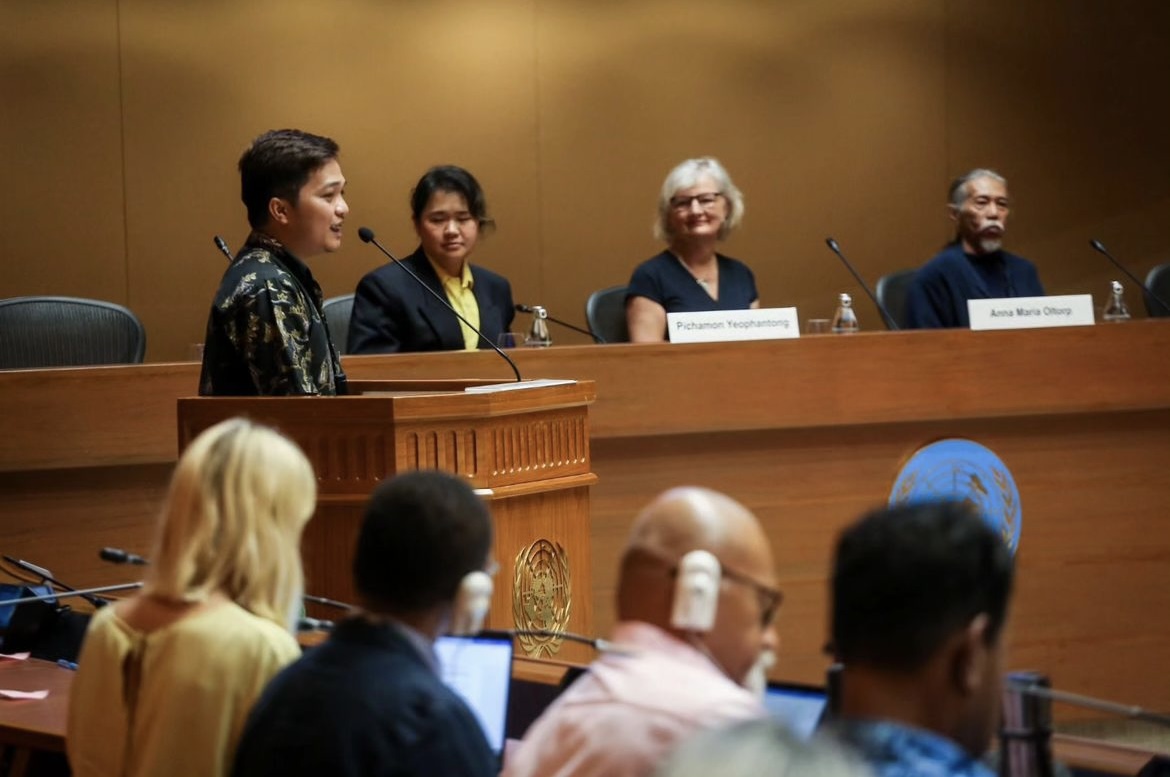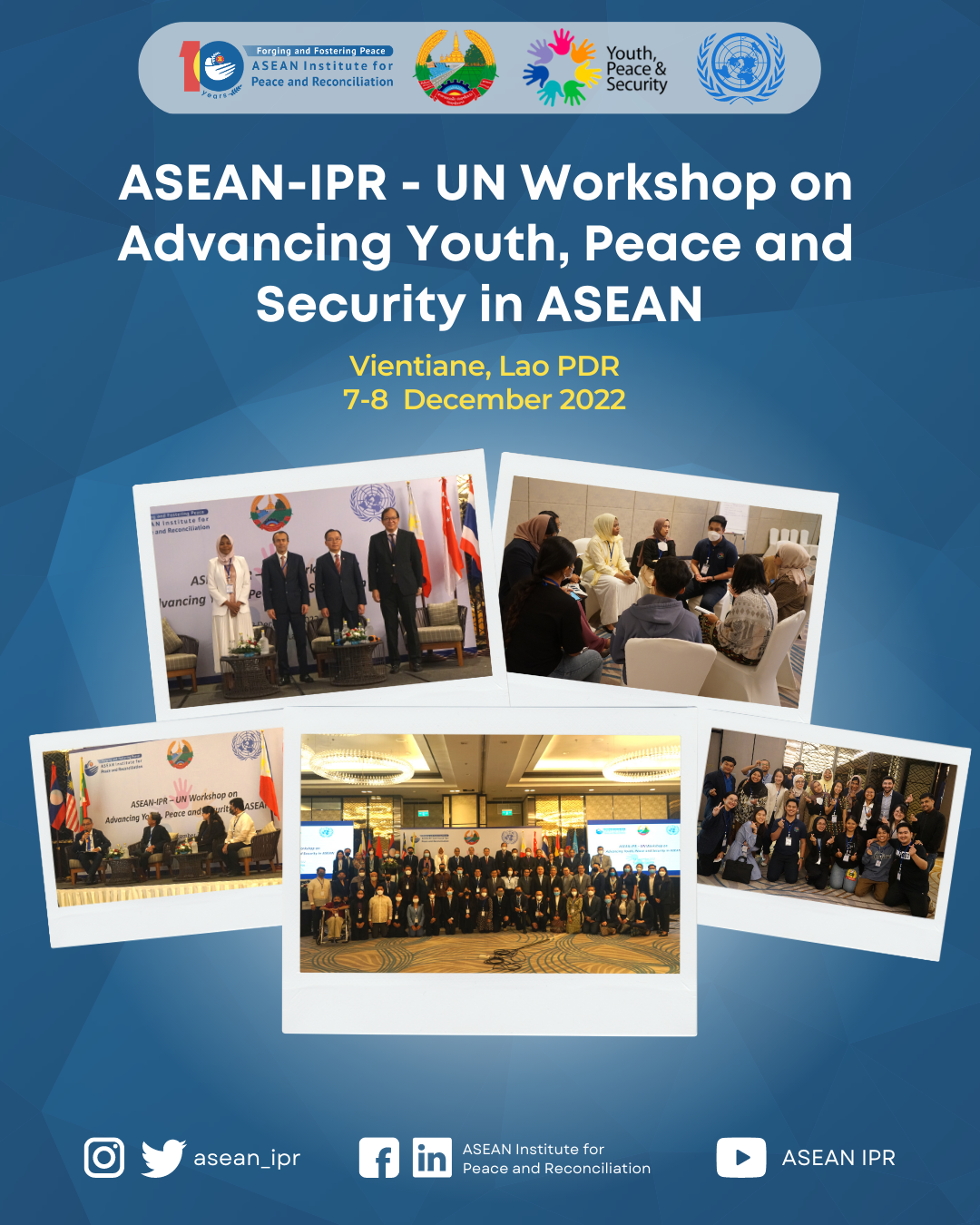.jpg)
Youth in Governance and Peacebuilding
_edited_edited.jpg)
In the Asia-Pacific region, over 1.1 billion young people face challenges in shaping policies, with only 1.84% of parliamentarians under 30, reflecting limited political influence. Furthermore, despite being disproportionately impacted by conflicts, the region struggles to implement UN resolutions, with a majority of the countries in the region lacking national strategies for the positive youth contribution recognized by UNSCR 2250. Additionally, with institutional, socio-cultural, and legal barriers, Asia-Pacific youth encounter obstacles in civic participation, while the environmental challenges in the region grapple with climate governance issues.
.jpg)
Making sure that no one is left behind, our targeted efforts include young women, those from low-income backgrounds, migrant and displaced youth, Indigenous youth, LGBTQI+ youth, and young people with disabilities.
Pillar 4 of UNDP’s Youth Empowerment Portfolio or work on Youth in Governance and Peacebuilding, aims to boost both Asia and Pacific youth’s interest, capacity, engagement and active participation in the politics, peacebuilding and democratic institutions that affect their daily lives, both now and in the future.
Under the focus areas of Youth Political Participation, Youth, Peace and Security, Meaningful Youth Engagement and Climate Governance, UNDP’s work on Youth in Governance and Peacebuilding in the Asia-Pacific region aims to enable young people’s civic engagement and meaningful participation in decision-making, political processes and governance structures for peaceful and inclusive societies.
Objectives
-
Support national and sub-national governments to engage youth in meaningful ways in decision-making and policy development, including implementing youth, peace, and security framework.
-
Create and expand safe spaces for youth participation and engagement in the public policy and peacebuilding processes.
-
Build the capacity of youth to meaningfully participate in civic engagement, peacebuilding, decision-making and other political processes.
Meaningful youth engagement is a crucial aspect of building inclusive and sustainable societies in the Asia-Pacific region. Challenges such as institutional barriers, socio-cultural norms, and legal constraints impede the active involvement of young people in decision-making processes. UNDP's efforts in Youth in Governance and Peacebuilding seek to enable civic engagement, empowering young people to participate in political processes. This initiative aims to create safe spaces, enhance capacity, and foster active participation, ensuring that diverse youth, including women, those with low incomes, migrants, and LGBTQI+ individuals, are included in the dialogue.
Resources

A stocktake and review of youth, peace and security (YPS) programming in the Asia-Pacific
This mapping provides a total of 157 programmes and initiatives by UNDP in Asia and the Pacific, which has Youth Political Participation (YPP) elements integrated or mainstreamed in them and implemented in the region primarily from 2017 to 2023.

FAST FACTS Youth Peace and Security in Asia Pacific
For the first time in history, in December 2015, the United Nations Security Council unanimously adopted the first resolution (UNSCR 2250) on Youth, Peace and Security (YPS), recognizing the positive contributions of young women and men to peace. While the YPS agenda globally represents a significant and well-established thematic agenda, the region lacks progress towards implementing the agenda, even eight years after resolution 2250. No other country in the region, other than the Philippines, is even close to a national strategy, framework or plan to implement the YPS agenda.




